Help available in the aftermath of recent sexual assault
If you have been the victim of a rape or sexual assault in the last 7 days, you may attend a Sexual Assault Treatment Unit (SATU) with or without Garda accompaniment. SATUs are a safe place that you can go to receive medical care when you have or think you may have been raped or sexually assaulted. They look after all genders and gender identities, aged 14 years and over. If you’re under 14, you can get help at Child and Adolescent Forensic Medical Assessment Services.
Each member of staff in the unit has received specialised training to provide care and treatment to you in a respectful, person-centred, non-judgmental environment.
There are currently six SATUs in Ireland. They are in Cork, Donegal, Dublin, Galway, Mullingar and Waterford. The contact details for each unit are detailed here.
If you have been raped or sexually assaulted, you need to consider attending a SATU as soon as possible. You should consider doing this regardless of whether or not you wish to report the assault to An Garda Síochána. The idea of a physical examination may be distressing but seeking medical help is important. Injuries can be treated, you can be tested and treated for possible sexually transmitted infections (STIs), you can be offered emergency contraception and be advised of the availability of counselling.
When you are seeking medical help, you can call your nearest Rape Crisis Centre who can organise someone to attend a SATU with you to provide emotional support.
There are three options in a Sexual Assault Treatment Unit:
All incidents of sexual violence should be reported to An Garda Síochána. However, it is up to any person who has or is being assaulted to decide if they want to report the incident(s) of sexual violence or assault to An Garda Síochána.
Without committing yourself to anything, you can ring your nearest Rape Crisis Centre and you will be offered non-judgmental support, a listening ear and information. Rape Crisis Centres have trained volunteers to accompany you to the Sexual Assault Treatment Unit, the Garda Station and or to court, if you wish. The centre is a useful port of call at any stage, whatever you decide to do. Their services are for women and men.
You can call your local Rape Crisis Centre or the Rape Crisis Helpline (1800 77 88 88) for advice.



